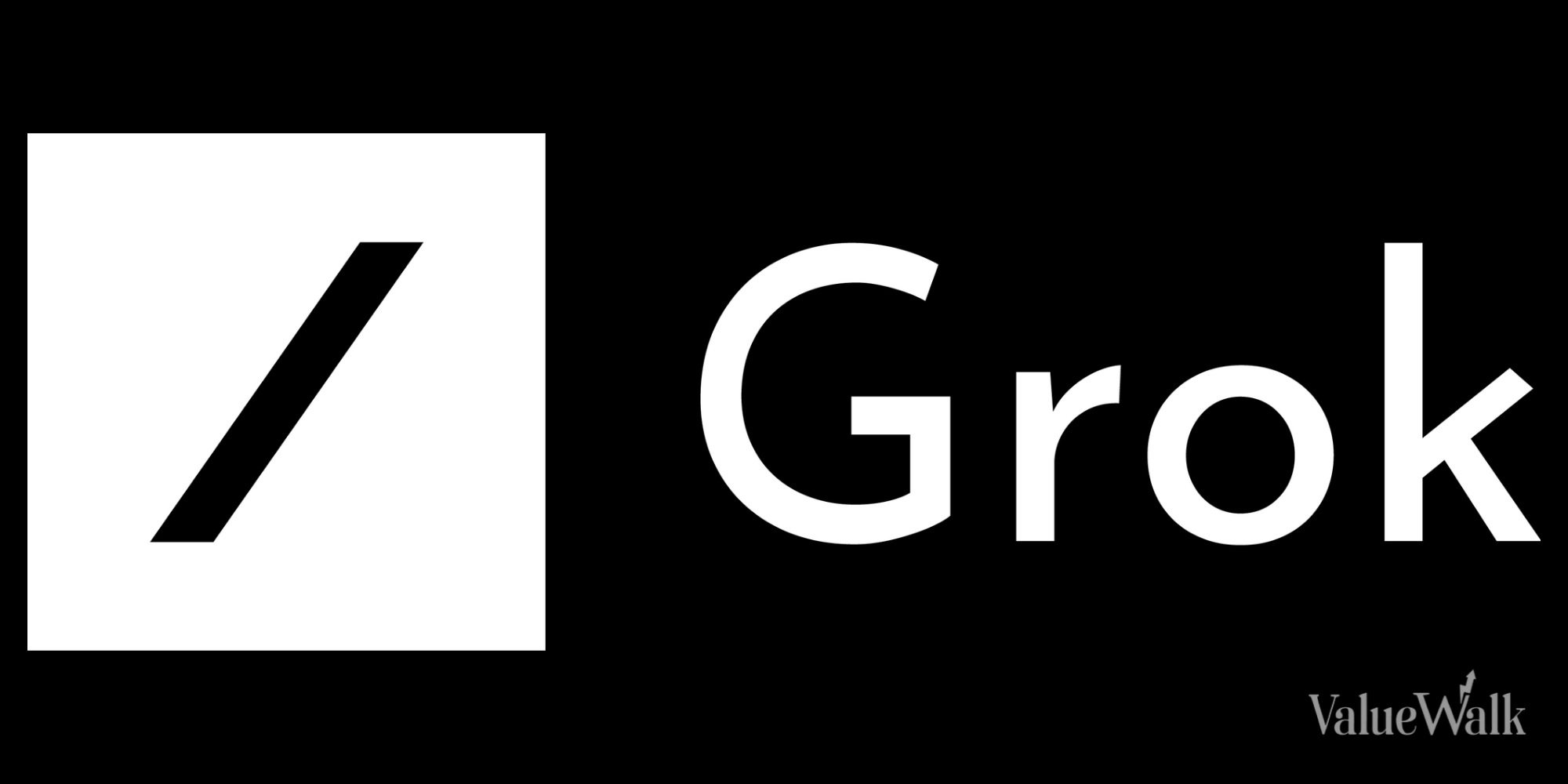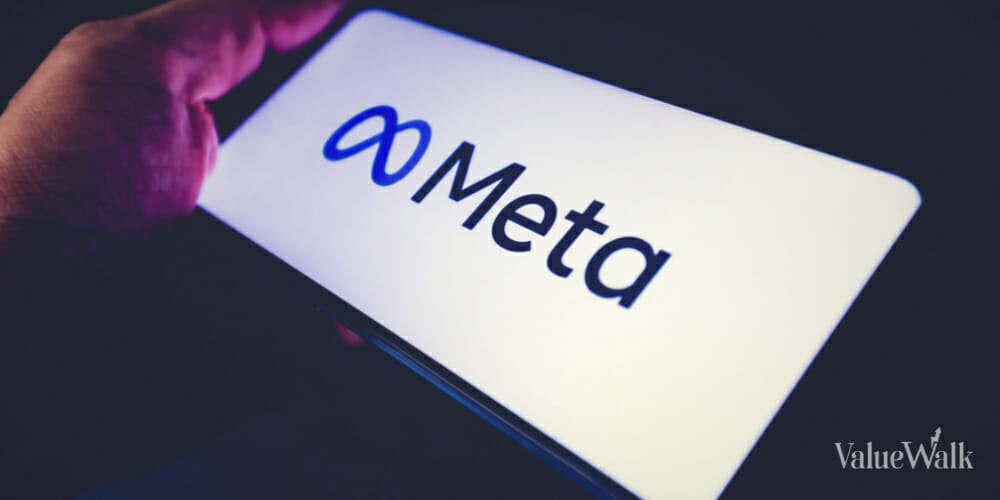During the early weeks of March 2023, Shou Chew, CEO of TikTok, spent more than five hours testifying before a Congressional committee, as bipartisan lawmakers have grown increasingly concerned over the social media’s accessibility to the personal information of more than 150 million U.S. users.
This hearing marked the first appearance of Chew before Congress, as lawmakers pick up steam to bring more clarity surrounding the data harvesting practices of TikTok’s parent company, ByteDance, a Chinese-based technology company.
Although Congress’s efforts stretch far and wide, one thing is clear, American lawmakers are concerned about the direct threat a social media platform, more specifically, a Chinese-based platform can have on the country’s national security.
While Chew explicitly denied any allegations that TikTok or ByteDance have been harvesting consumer information and data to be used by the Chinese government, these actions have only now begun to lay the foundations of what could potentially become the war on consumer data harvesting in the coming years.
There’s More Than What Meets The Eye
The issue with TikTok is more complex, and deeply rooted in American national security than one would think.
For starters, tensions between the U.S. and China have escalated over the last several months, mainly in part of China’s strengthening relationship with Russia, and a possible Chinese spy balloon identified across North America earlier in the year, before military intervention took the blimp down.
Secondly, lawmakers have already raised skepticism regarding TikTok’s wide access to millions of consumers’ data, and even more so the company’s direct affiliation with Beijing-based parent company ByteDance.
The issue is not purely for the fact that TikTok, a company based in the U.S. is a subsidiary of a Chinese-based company, but rather the close connection these companies have with the Communist Chinese Party (CCP).
Experts on the matter claim that current Chinese law requires any business, company, or citizen to provide the Chinese intelligence authorities with information that could link to a national security risk or threat.
This would place ByteDance, the owner of TikTok in a direct line of fire, that provides the Chinese government with unfettered access to consumer data that is currently being harvested by any Chinese company.
What the case makes is that with seemingly unlimited access to American consumer data, the Chinese government could use this information to target users, track their activity, or incite malicious activity on U.S. soil.
Congress has already initiated several counter mechanisms that would potentially see the widespread banning of TikTok in the U.S., while at a state level, some governments have already barred the use of the platform on any government-issued devices.
However, the current privacy policy of TikTok enables the platform to collect specific user data, including the content of direct messages, device location, internet address, and the type of device the platform is operating on. Additionally, with user consent, the platform can harvest user contacts, age, phone number, and the exact location of the user.
This is a copious amount of data users are willingly handing over to social media conglomerates, however, compared to other popular platforms such as Facebook, TikTok collects less data in some cases.
There have already been multiple attempts to hold social media and big-tech companies, including Alphabet, Meta, Google, and service providers such as T-Mobile and Verizon accountable for the absurd amount of data they harvest from users. However, both the government and these companies are well aware of the physical, and monetary value this data holds.
Yet, in the case of Carpenter v. United States, the court’s ruling was that the government would need to provide a warrant to companies for them to produce any available sensitive data.
The case of Carpenter was more targeted toward the use of location-specific data, however, there remains a vast number of unanswered questions about how data harvesting will not only influence how consumers interact with platforms, but also the long-term social and economic impact widespread bans can have for smaller, and less prominent businesses.
Finding The Balance
In recent months, U.S. lawmakers have attempted to roll the ball further down the court, as they look to introduce more stringent policies that could further restrict big-tech companies from soliciting consumer data, and how they use this data to their advantage.
However, a major concern, currently, is whether or not these policies would cut off small businesses from the larger digital consumer market.
For many small businesses, social media has become a place where they can directly advertise products and services to targeted audiences. Over the last several years, platforms, including Meta, Instagram, Pinterest, and Twitter, among others, have become a digital advertising ecosystem for small to medium-sized enterprises.
Instead of relying on antiquated methods of marketing, such as print, small business owners have realized the potential social media can bring to their company, and how they can better leverage search algorithms, and user data to their capital advantage.
There has already been controversy surrounding the practices of companies, and their data harvesting protocols. Yet, in the case of smaller businesses, where creators are leveraging social media to promote their brands, a ban on data harvesting, or even tighter regulations would close off a massive market opportunity.
There is no shortage of digital ad space. Latest revenue statistics indicated that social media advertising generated more than $226 billion in global revenue. This figure is expected to grow to more than $385 billion within the next three to five years.
Meta, formerly known as Facebook, cashed in more than $153.76 billion in advertising revenue. Google on the other hand, recently reported more than $58.14 billion in ad revenue for the second quarter of the year, with YouTube ads accounting for over $7 billion in ad revenue.
While tech giants are raking in billions on ad revenue quarter over quarter, often accounting for the majority of their annual turnover, introducing restraints, or in the case of TikTok, placing a ban on operations, could have a tremendous ripple effect that would be felt across an economy still in a post-pandemic recovery rebound.
Barring platforms such as TikTok from operating in the U.S. would put around five million businesses in jeopardy, including several thousand other smaller businesses and creators.
While the exact estimates of how many businesses are currently using TikTok as a digital advertising platform are still somewhat limited, lawmakers would need to ensure they can provide U.S. citizens and businesses with evidence that clearly outlines the benefits and potential drawbacks of banning a platform such as TikTok from operating on American soil.
A further consideration, in this case, would be to revisit the understanding of how companies, perhaps smaller ones, are using consumer data and information for the purpose of digital marketing and brand awareness.
This has raised concerns in the past, the case of Meta, then Facebook, and Cambridge Analytica provided substantial evidence as to why social media companies and private stakeholders should have limited, and perhaps restricted access to user information.
Countless efforts have been made to ensure companies have appropriate access to consumer data and information, partially to leverage online consumer trends. Smaller businesses have found it easier, and seemingly more affordable to use harvested data, and search algorithms to increase their digital footprint among consumers.
Oversight provided by bills such as the RESTRICT Act, which was introduced earlier in the year, already has proved several challenges, as the legislation could unintentionally prevent international small and medium enterprises from operating within the American digital ecosystem.
Additionally, there have been remarks, claiming that further intervention, without proper oversight and consideration could provide some government agencies with unrestricted authority, such as in the case of the RESTRICT Act, that would unintentionally give the Secretary of Commerce opaque accountability and seemingly opaque leverage.
It becomes increasingly difficult to determine how much good will be brought with the introduction of more progressive legislation, but more importantly, how will both private and government institutions be held accountable for their authority?
Many experts suggest that Congress could require both domestic and international tech companies to clearly identify their affiliation with any type of foreign adversaries. This would help broaden the efforts of the Internet Application I.D. Act, and would further lend consumers the ability to consent to data harvesting and capture by tech companies.
However, this is still only in the mere foundational phase of development, and while there are already several privacy policies, and informative guides to opting out of certain services available to consumers, the ability to strike a balance between how much intervention is too much, without cutting off an economic artery remains largely ambiguous.
Where Do We Draw The Line?
While American lawmakers are concerned and well aware of the near-term threats unsupervised access to consumer data can have, they will need to consider how every moving part can be accounted for, and how these parts make up the bigger picture.
The future of how tech companies can access and harvest consumer data remains uncertain. In the case of TikTok, lawmakers will need to understand how millions of consumers and businesses will be affected, and the subsequent aftermath of stringent oversight this may have on the social and economic dynamic.
Perhaps we’ve reached a point, where too many moving parts need to be accounted for, and yet, haven’t answered how can both private and public industry be held accountable for the unrestricted access we have given them to our information.





